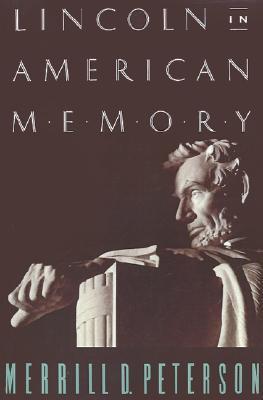What do you think?
Rate this book


496 pages, Paperback
First published January 1, 1994
Between the huge number of conflicting, competing interpretations and the nineteenth-century's relative lack of ability to record information with veracity, any attempt to understand "the real Lincoln" is largely hopeless. My conclusion, not the book's.
The number of different groups and individuals who have used Lincoln as a pawn to represent their cause is astonishing. Even the Communist Party of America has claimed to solely represent the spirit of Lincoln, and that's only the most ridiculous example. (Their rationale was that they considered Lincoln essentially a working-class hero, which is one of the major interpretations.) Others have stronger, even if uncertain, support for exploiting Lincoln in death: the temperance movement, because Lincoln avoided alcohol; Christians, because even though Mrs. Lincoln explicitly stated her husband was "not a technical Christian" (whatever that meant--she apparently didn't explain), Lincoln did tell someone he believed Christ is God; atheists, because Lincoln's law partner William Herndon always insisted Lincoln was a "freethinker"; and Spiritualists, because...I have no idea. I would say that Lincoln's exact religious or spiritual beliefs are the most impossible to exactly answer of any questions concerning him; and the historiography has reached both extremes (devout Christian and atheistic freethinker) and a middle ground (an atheist who eventually found faith) at various times.
Position on slavery and racial issues. Except for Southern partisans, there seems a clear consensus that Lincoln opposed slavery--enough that people can say "everybody knows that!" Racial issues are a completely different thing. Lincoln supported voluntary emigration to Liberia, but there is frequent belief that he supported it because he believed racial harmony was impossible. Even if this was untrue, recent interpretations have criticized him for that; for not issuing the Emancipation Proclamation sooner; and especially for prioritizing the integrity of the Union above eliminating slavery. Finally, many African-American thinkers (including Frederick Douglass) were appreciative but skeptical of Lincoln from the beginning; and ever since the civil rights movement, Dr. King has replaced Lincoln as the "Moses" of African-Americans.
Poets vs. academics. This is one way to characterize the extremes of interpretation: the difference between the poetic and the putatively objective. The poets began mourning, celebrating, or depicting Lincoln in verse immediately after his assassination, and poetic interpretations remained popular until at least the mid-twentieth century. The outstanding or most famous of these is Carl Sandburg. The interpretive mode, and frankly the goal, of poets like Sandburg is to create and perpetuate two things: a myth of Lincoln (myth in the neutral sense), and a folk interpretation that saw Lincoln as a quintessential American figure (even "the first American") and as a rustic (possibly working-class) who proved that someone of low birth and humble circumstances can do anything. Sandburg's popular biographies of Lincoln took this view, obviously. Academics complained that Sandburg's biographies were un-objective, ignoring or not realizing that objectivity wasn't the goal of poets.